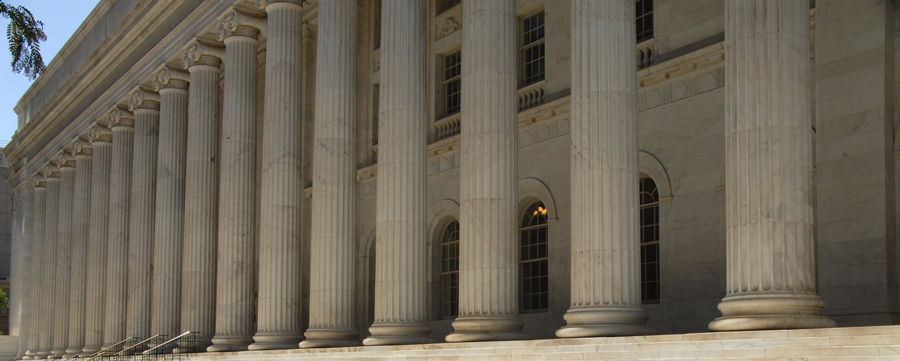Abstract
Youth in the justice system are at risk of self-incrimination, and the attendant consequence of prosecution, in ways that are distinct from those faced by adult criminal defendants. For example, the current trend to screen and assess court-involved youth (often before the youth are adjudicated delinquent) for mental health and substance abuse problems, using instruments that inquire about a wide range of offending behavior, raises the real possibility that youth will incriminate themselves. Under many states‘ transfer/waiver processes, juveniles facing prosecution as adults must submit to psychological or psychosocial evaluations in order to sustain their burden of showing that they are amenable to treatment in the juvenile court. Evaluators will typically question the youth about the charged offense(s) as well as their past criminal conduct. Part I briefly reviews the constitutional right against self-incrimination. Part II of this Article explains how that right is implicated when youth in the justice system are screened and assessed for behavioral health problems, and examines the recent and successful efforts in a half a dozen states to enact statutes that prohibit the admission into evidence of elicited statements. Part III examines the risk of self-incrimination in the transfer/waiver context and discusses recent successful challenges—in Nevada and Pennsylvania—to transfer/waiver processes that violated the right against self-incrimination. Part IV reviews statutes that set forth procedures and criteria for finding that a youth is incompetent to stand trial in order to determine whether these statutory schemes adequately protect youth from the adverse use of uch statements. Finally, Part V describes legal strategies for preventing the use of statements made in court-ordered treatment.
Keywords
Administration of juvenile justice, Evidence (Law), Police questioning, Self incrimination, United States Constitution, United States
